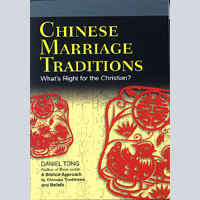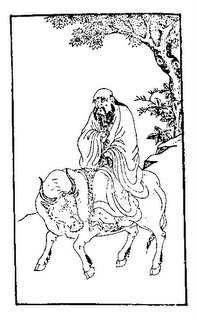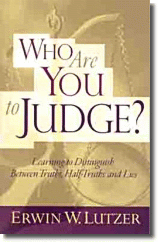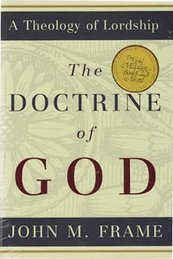
In these narratives, recurring patterns of lifestyle emerge: a discipline of prevailing prayer, constant recourse to the Word of God, fasting, compassion for people, zeal for evangelism, sacrificial giving, a burden for revival-traits that undergirded and constrained their holiness."
--Robert Coleman, foreword to Heroes of the Holy Life
According to a new nationwide survey conducted by The Barna Group, it was found that most adults remain confused, if not daunted, by the concept of holiness. In the report, The Concept of Holiness Baffles Most Americans (The Barna Group,February 20,2006) ,they have this statistic:
When pressed to describe what it means to be holy, American adults give a wide range of answers. According to new research by Barna, the most common reply is "I don't know," offered by 1 out of every 5 adults (21%). Other responses fall into categories such as "being Christ-like" (19%), making faith your top priority in life (18%), living a pure or sinless lifestyle (12%), and having a good attitude about people and life (10%). Other response categories include focusing completely on God (9%), being guided by the Holy Spirit (9%), being born again (8%), reflecting the character of God (7%), exhibiting a moral lifestyle (5%), and accepting and practicing biblical truth (5%). The responses of born again and non-born again adults are virtually identical....
However, as it was written in the introduction of this report:
The concept of holiness is woven throughout the Bible and is one of the foundational teachings of many Protestant churches. From Old Testament passages such as Leviticus 19:2 (in which God says, “Be holy because I am holy”) through the more than two-dozen times in the New Testament where God’s people are described as holy, there is little doubt that holiness is a central tenet of the Christian faith.
I like to ask questions, and I think here are some of the questions we should seriously consider!!
So, are we Christians, or should I say we Asian Christians, living a life of holiness?
Do we understand what it means to be Holy?
... ... daily fasting?? ..pray three times a day??
... confess our sins every day?? ... go to all bible study meetings??....
Is attending church and reading the Bible regulary enough for one to be considered holy?
Are we obsessed With Holiness? is it a focal point of our faith development?
Do we personally desire to be holy?
Do we embrace a ‘cheap grace’ theology?
Do we believe in justification by works? (as in NT book James)
Do we consider it important to be holy?
Do we understand why we need to be holy?
Do we claim to love God but are ignorant about biblical teachings regarding holiness?
Does being holy mean thinking like Jesus?
What do we when we say we think like Jesus?
Are “Born again Christians” necessarily holy?
.... Does the Concept of Holiness Baffles us Asian Christians or Singaporean/Malaysian Christians?
Recently, I found this book of Biographies written by Wesley L. Duewel. Wesley Duewel, is a former president of OMS International. A missionary to India for 25 years, Dr. Duewel is also the author of Ablaze for God, Mighty Prevailing Prayer, More God, More Power, and Revival Fire. This book feature some less written about figures, such as Francis Asbury, Duncan Campbell andJonathan Goforth. Of course, we also have our Oswald Chambers, Madame Guyon, and Dwight L. Moody!! I have always loved reading biographies and I think this book would be on my list of "books to read". ... ...
Title
Heroes of the Holy Life: Biographies of Fully Devoted Followers of Christ
(Date published: October 2002)
Written by:
Wesley L. Duewel
Synopsis
The stories of 14 outstanding Christians, from the 14th through the 20th centuries, who by words and deeds set an example for Christians today to follow.
Description
Stories of fourteen outstanding Christians whose words and deeds set an example for believers today.This book recounts the life stories of outstanding Christians who inspire and challenge readers to live more godly lives. These fourteen men and women—some well known and others not—come from many parts of the world and from the 14th to the 20th centuries. These brief biographies highlight the events and special contributions each person has made to the church. Figures presented are Francis Asbury, Duncan Campbell, Oswald Chambers, Jonathan Goforth, Madame Guyon, Frances Ridly Havergal, John Hyde, Adoniram Judson, Dwight L. Moody, Evan Roberts, Girolamo Savonarola, Amanda Smith, John Smith, and Bishop William Taylor.










